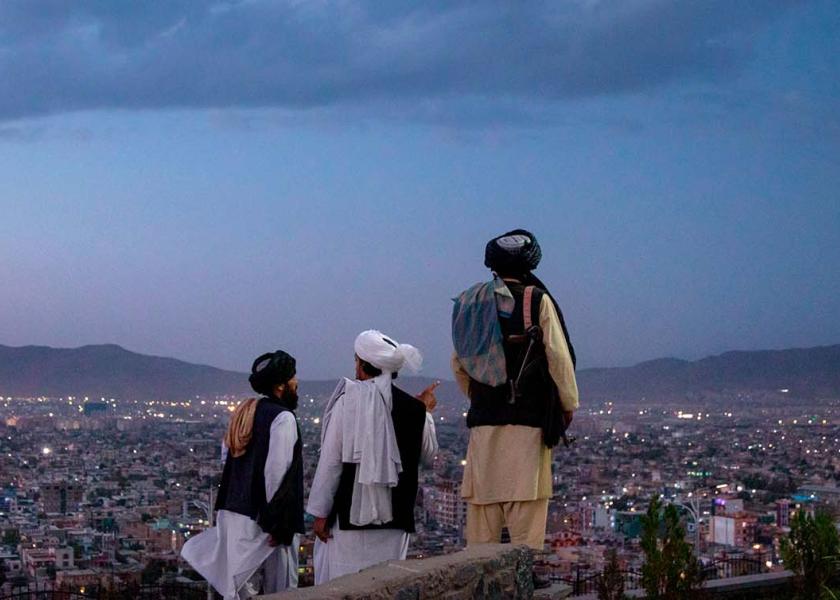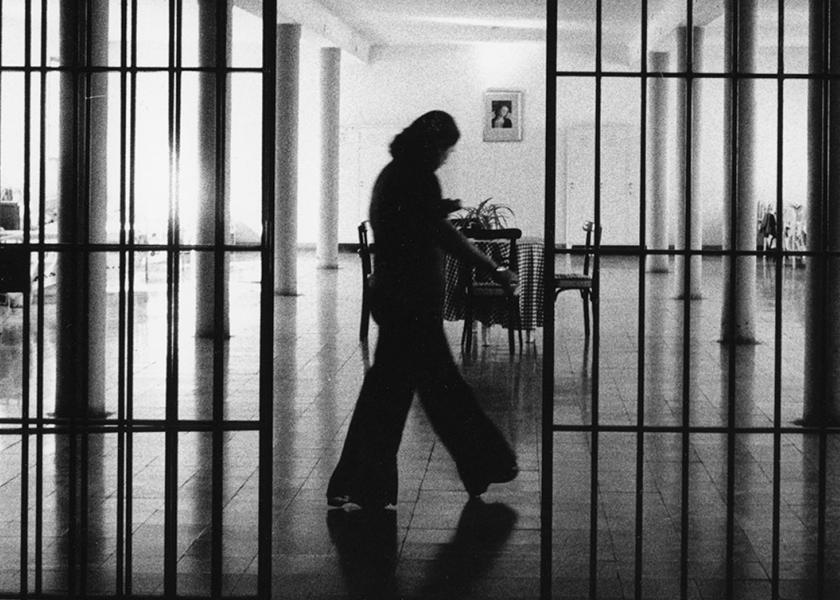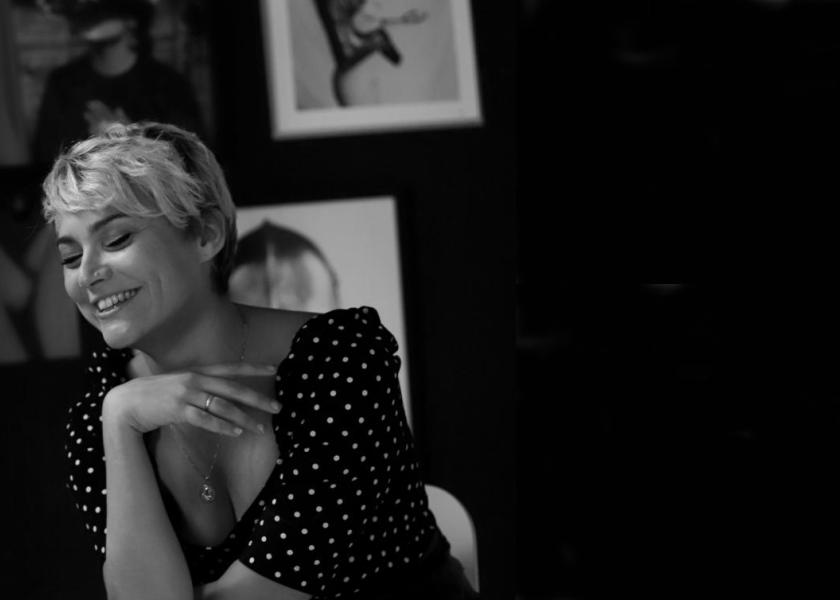Lúa Ribeira
Vulnerable images
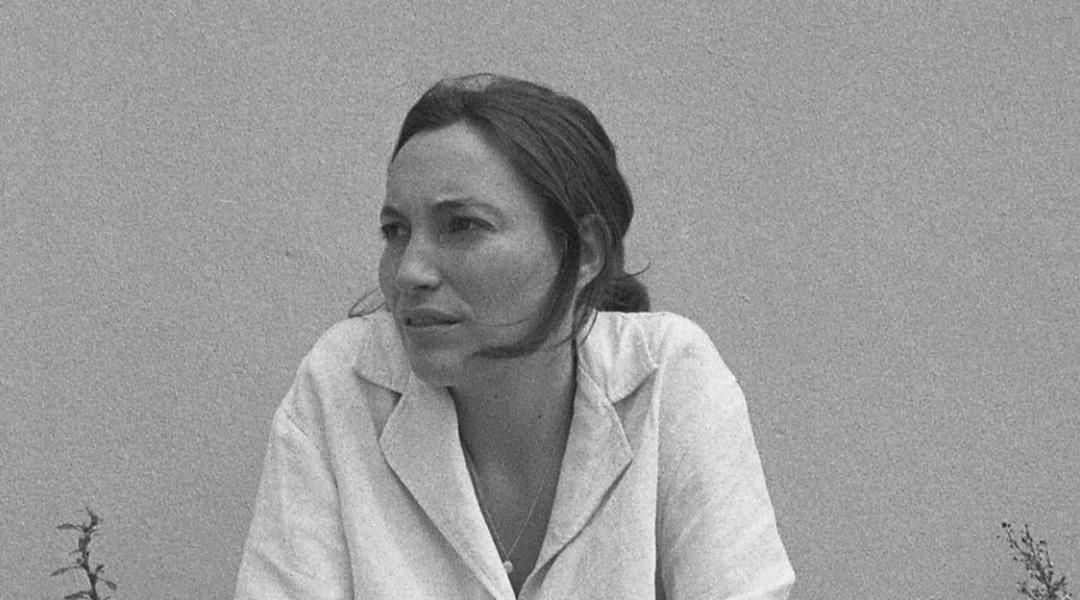
A visual and aesthetic approach leads to reflection and flees from political correctness, focusing her lens on social topics, like the dynamics among young people or migrants, creating vulnerable and imperfect images. The work of Galician artist Lúa Ribeira has enthralled visionaries at Magnum, the most prestigious photography agency in the world, and she is the third Spaniard to join this select club.
Lúa Ribeira (As Pontes, 1986) avoids other labels and introduces herself simply as a photographer, although she’s the third Spaniard to become an associate of the prestigious Magnum photography agency. At the age of 36, she exudes talent and breathes fresh air into photographic language. She admits that “it’s a privilege and a huge endorsement to continue working.”
Her connection to photography started in 2013 in the United Kingdom, where she studied and still lives, although Spain and, more specifically, her homeland of Galicia end up being the recurring backdrops of her work. “I find a wealth of inspiration to work and create images here,” she acknowledges. The International Center of Photography in New York currently exhibits her Agony in the Garden series as part of a collective exhibition organised by Magnum: Close Enough: New Perspectives from 12 Women Photographers of Magnum. And in March 2023, she will launch an individual exhibition at the Tabakalera cultural space in San Sebastián and will publish a photobook with publisher Dalpine: Subida al cielo.
When we ask her what Magnum saw in her work, she discreetly withdraws and her only comment is that, perhaps, one of the agency’s goals is to find new gazes that contribute to the constant development of photographic media. If this is the case, there’s no question that they’ve hit home with Ribeira. A lot of experimental work, a reflexive character socially and politically, and an unconventional visual aesthetic.
Is belonging to Magnum a photographer’s upmost aspiration?
No, doing a good job is.
You’re part of the agency and work for them. Does not having enough time for your more personal interests become a problem?
No, I still do personal work and experiment. In fact, this is what I spend most of my time on and I do commissions that come up on the side.
“The motivation behind my work is political. I work on topics from my environment that are related to oppression or exclusion”
Which story do you want to tell with your peculiar photographic language?
Perhaps I try to convey to the audience the questions I ask myself while I’m developing my work.
And which questions are those?
The motivation behind my work is political. I work on topics from my environment that are related to oppression or exclusion, dynamics that are also closely related to the place I come from. I’m interested in the idea of coming together through photography: creating spaces outside of the rigid structure that we move within, to put a stop to certain corrupt behaviours and to rekindle relationships in a way.
“I can’t work from the perspective of worrying about people not liking. I don’t take photos to be a consumable or decorative product”
All this is closely related to wholeheartedly campaigning for “imperfect” photos. Why?
It’s a way of resisting that idea of a “good” image that has been “well taken” that I don’t believe in. It’s also the result of being more present in the situation than in building the image itself. What interests me is the way I work and give rise to images that are sometimes vulnerable.
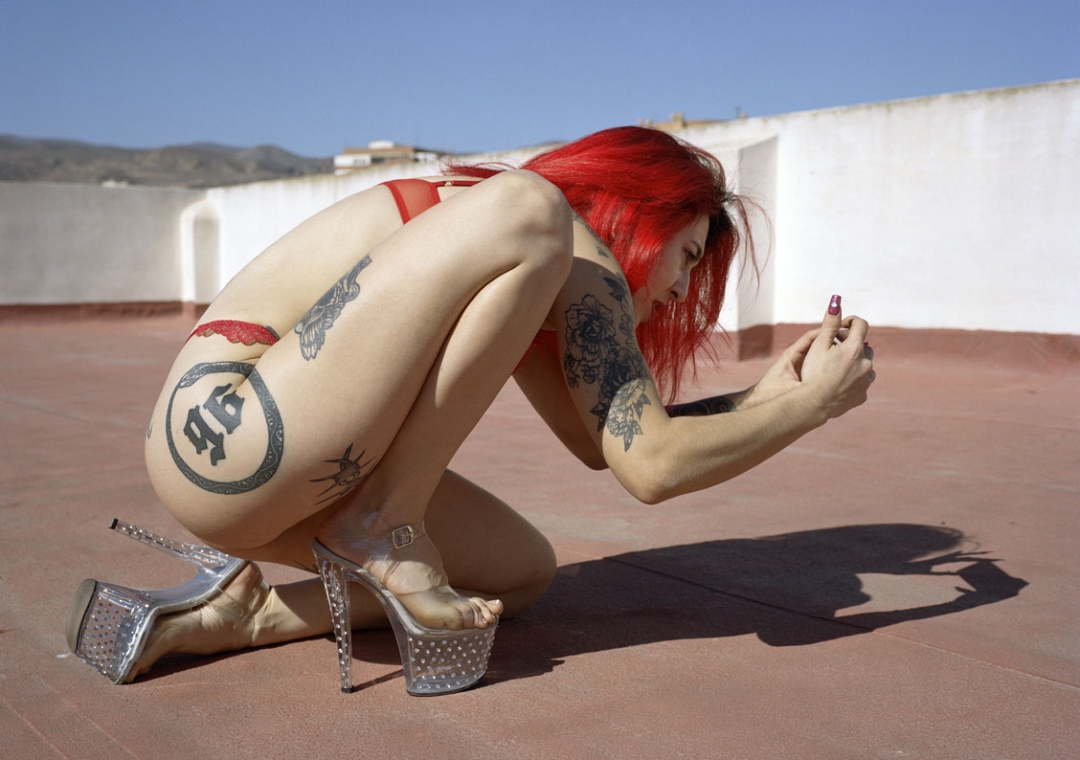
One of the images from the series ‘Agony in the Garden’ (2022), currently at the International Center of Photography in New York. © Lúa Ribeira
What happens if the audience doesn’t like your work aesthetically and rejects it?
I can’t work from the perspective of worrying about people not liking or being interested in my work. I don’t think that I work to please anyone. It’s more a matter of necessity, of asking questions through images and using them as a window towards reflection; also, for my own learning thanks to experiences and relationships that it allows me to establish. I don’t do it to be a consumable or decorative product. But I think an emotional reaction to images is the starting point for any subsequent reflection.
To understand something, do we always need to resort to written or verbal language?
No. I use photographic language to provide concise information on the context I’ve worked in. I’m interested in what images convey, the power they contain within themselves.
“I’m really interested in how younger generations express themselves through photography using their devices”
Is the troubling part of some of your series related to that halo that surrounds your homeland of Galicia?
I think so, influenced by its landscape and social fabric. Also, by an identity that’s the result of our history, of a population that has been severely punished for expressing ourselves in our language.
Have mobile phones and new technologies devaluated the prestige and professionalism of photographers?
Perhaps we’re witnessing a paradigm shift in terms of traditional broadcasting formats, but I don’t perceive the fact that everyone has a camera on their phone as something negative. Also, I’m really interested in how younger generations express themselves through photography using their devices. And, anyway, working in this medium requires much more than simple access to a camera.
“Without people, I can’t do my job, which consists precisely of creating a meeting point through photography”
By the way, are you in favour of Instagram?
I use it quite a lot as a notepad, as an inspiration board.
Do you prefer to work alone or to cooperate in creating something?
As a photographer, I’ve always worked alone, but I photograph people, so I end up doing my job surrounded by people and establishing a lot of relationships. Without people, I can’t do my job, which consists precisely of creating a meeting point through photography.
Which professional fields would you like to direct your talent towards?
I’m interested in the professional possibilities of fashion photography, for example, and collaborative projects with other artists and photographers, but what I want the most is to continue developing my personal work, because it’s the most important to me.
